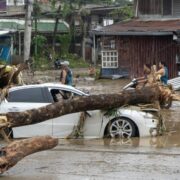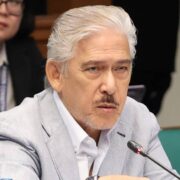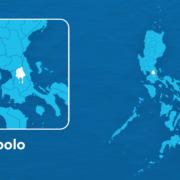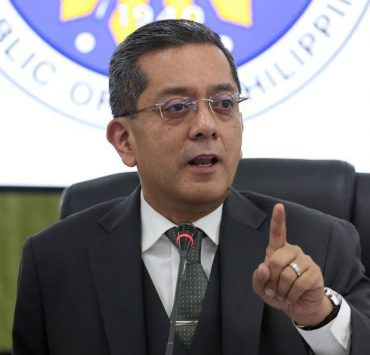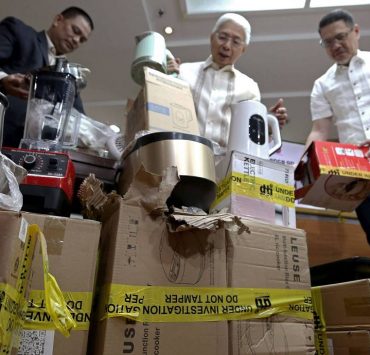Bangladesh imposes curfew, calls in military after deadly unrest
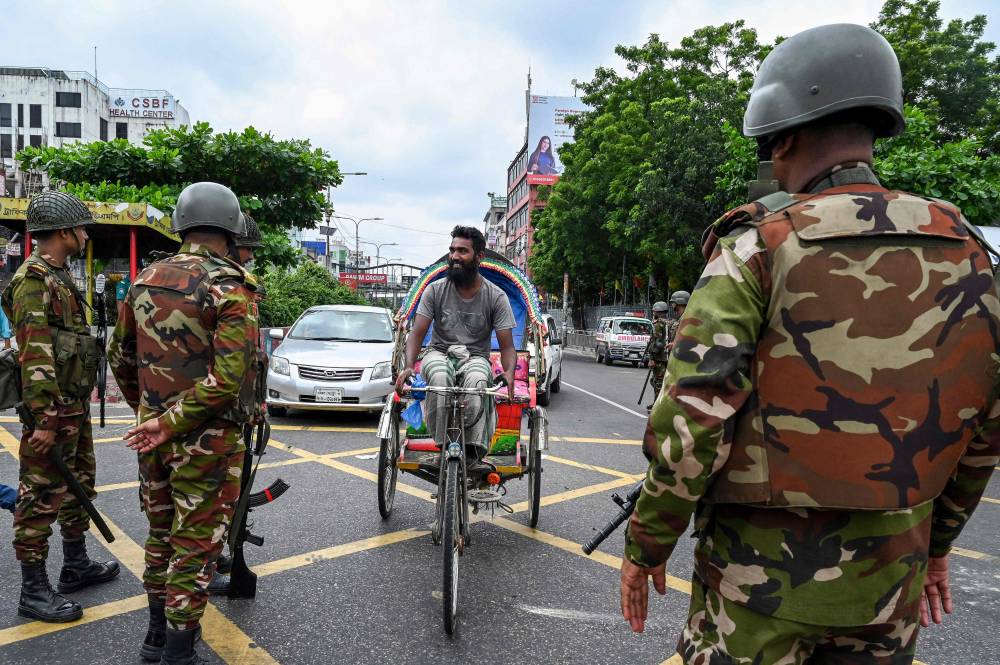
DHAKA—Bangladesh has imposed a curfew and deployed military forces after police failed to quell days of deadly unrest that has spread throughout the country.
This week’s clashes between student demonstrators and police have killed at least 105 people, according to an AFP count of victims reported by hospitals, and pose a momentous challenge to Prime Minister Sheikh Hasina’s autocratic government after 15 years in office.
“The government has decided to impose a curfew and deploy the military in aid of the civilian authorities,” Hasina’s press Sec. Nayeemul Islam Khan told AFP.
He added that the curfew would take immediate effect.
Police in the capital Dhaka earlier took the drastic step of banning all public gatherings for the day—a first since protests began—in an effort to forestall more violence.
“We’ve banned all rallies, processions and public gatherings in Dhaka today,” police chief Habibur Rahman told AFP, adding the move was necessary to ensure “public safety.”

That however did not stop another round of confrontations between police and protesters around the sprawling megacity of 20 million people, despite an internet shutdown aimed at frustrating the organisation of rallies.
“Our protest will continue,” Sarwar Tushar, who joined a march in the capital and sustained minor injuries when it was violently dispersed by police, told AFP.
“We want the immediate resignation of Sheikh Hasina. The government is responsible for the killings.”
Student protesters stormed a jail in the central Bangladeshi district of Narsingdi and freed its inmates before setting the facility on fire, a police officer told AFP on condition of anonymity.
“I don’t know the number of inmates, but it would be in the hundreds,” he added.
At least 52 people were killed in the capital on Friday, according to a list drawn up by the Dhaka Medical College Hospital and seen by AFP.
Police fire was the cause of more than half of the deaths reported so far this week, based on descriptions given to AFP by hospital staff.
AFP is one of the world's three major news agencies, and the only European one. Its mission is to provide rapid, comprehensive, impartial and verified coverage of the news and issues that shape our daily lives.






